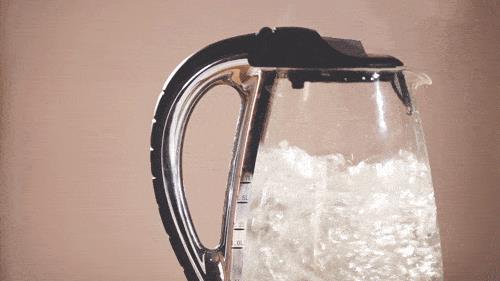
24 Sep SUSTAINABILITY
Tropical Health and Wellness has been committed from its inception to strive to make sustainable choices in conducting its whole operation. From it’s the decision to stock exclusively organic and plastic free products, and biodegradable pouches to mailer boxes packaging; as ways of actively helping the environment.
Tropical Health & Wellness Soaps, are made from the highest quality organic oils. All ingredients used in our soaps are sustainable, organic and food grade, so our products are kind to the earth. No synthetic oil is ever used in our soaps.
As part of our Corporate Social Responsibility, we give back to the community, by making a difference to the lives of people in the Developing World, by selecting charities globally to support. Working with the disadvantaged, our social projects are focused on helping the least well off in society, to receive the basics that we believe everyone should have, such as: food, education, housing, water, medicine, and sanitation.
HOW YOU TOO CAN ENHANCE SUSTAINABILITY VIA YOUR TEA DRINKING HABITS.
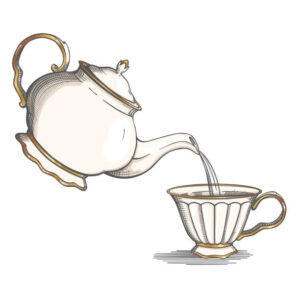
There are certain things you can do to reduce your carbon footprints.
Here are 10 tips to get you thinking sustainability in brewing your tea:
- Putting the kettle on, measure out only the water you need for drinking.
- Don’t over boil the kettle, it saves on wastage of water and also energy.

3. Whether you use loose leaf tea or tea bags, you can make use of the tea when you’re done by adding to your compost heap in the garden.
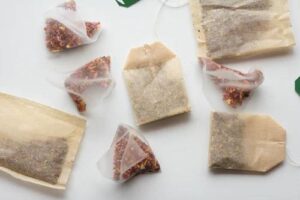
4. Get a re-usable cup/mug, to save wastage and avoid pollution of paper and plastic cups. It adds a totally unnecessary 110g of carbon over using a re-usable cup.

5. Become conscious of the choices you make in your drinks because you may be surprised to know that brewing tea is a better choice as it is less intensively manufactured and processed at 22g of CO2 per serving.
6. Coffee and hot chocolate, on the other hand, are as follows: Black instant coffee is more than double at 49g but is more efficiently made than ground and roasted coffee that has a CO2 per serving of 87g. Therefore tea is an obvious winner!
7. To add milk or not add milk – that is the question! Apparently the British fetish with adding milk to tea has come from drinking poor quality black tea, for which milk helps to reduce the bitter astringent taste from tannins released from the tea, by adding a little natural sweetness.
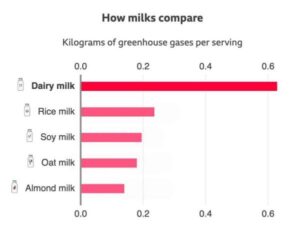

8. Ditching the milk is good for your health, since despite tea being drunk for its health benefit, according to German researchers, milk in tea appears to undo some beneficial effects to your health because it mutes the anti-inflammation and anti-oxidant activity on the heart and tumours, caused by caseins in milk.
9. But some of you may love your milk!! But carbon conscious-wise, why not try an alternative instead; such as, Oat, Soya, or other Milk alternatives, if you still need to have that milky-looking finish?
10. Forgetting the kettle’s been boiling – apparently, according to www.saveonenergy.com, since the lockdown we appear to have become a little forgetful, but with an increased tea intake. Saveonenergy calculated that the total carbon kettle impact has increased 51% above pre-lockdown levels.
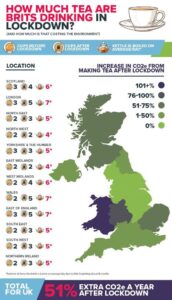




No Comments